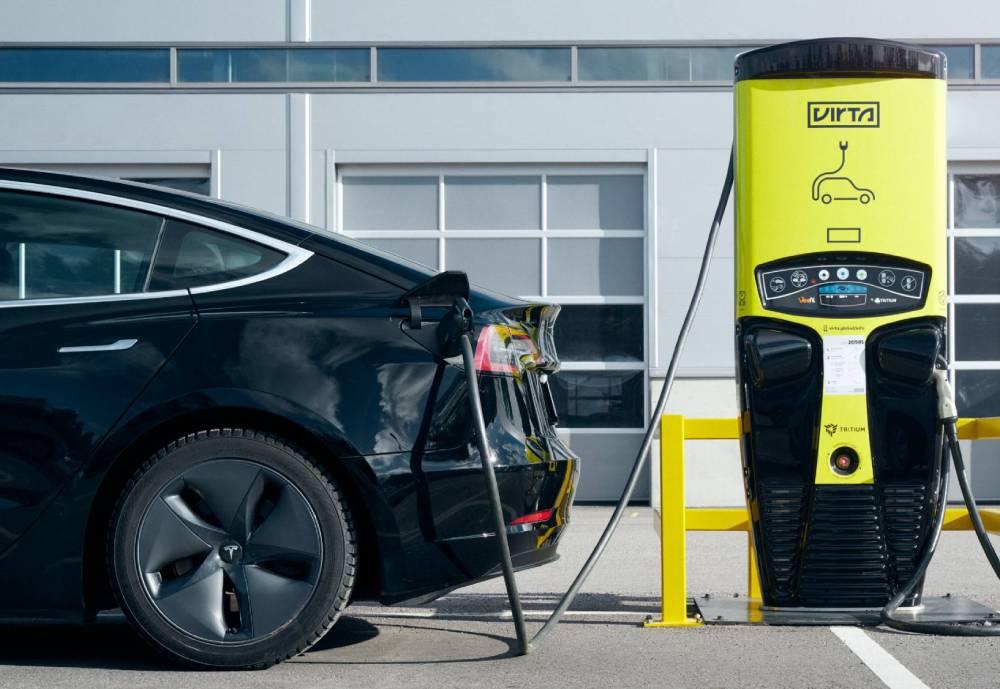China: Dominance in the Electric Vehicle Market Amid Intense Competition for Funding
Introduction
China, as the world’s most populous country and a technological powerhouse, has been making significant strides in the electric vehicle (EV) market. As the global transition toward sustainable transportation gains momentum, China’s presence and influence in the EV industry are becoming increasingly prominent. In this article, we will explore how China is maintaining its dominance in the EV market, even amid fierce competition for funding and innovation.
The Global Electric Vehicle Landscape
The electric vehicle market is undergoing a rapid transformation. This transformation is driven by concerns over climate change, air pollution, and the need to reduce reliance on fossil fuels. As a result, automakers worldwide are pivoting toward electric mobility solutions. This pivot has sparked intense competition for a slice of the growing EV pie.
China’s Ambitious Electric Vehicle Goals

China has set ambitious goals to become a global leader in electric vehicle production and adoption. The country aims to have new energy vehicles (NEVs), including battery electric vehicles (BEVs) and plug-in hybrid electric vehicles (PHEVs), account for a significant portion of its total vehicle sales by 2025. To achieve this, China has implemented various policies and incentives. These include subsidies and supportive regulations designed to drive EV adoption.
State-Backed Companies Take the Lead
One of China’s strategies to dominate the EV market is through the involvement of state-backed companies. Firms like BYD, NIO, and XPeng Motors have received substantial financial support from government entities. This backing has allowed them to invest heavily in research and development, scale up production, and expand their EV offerings.
Growing Investment in Electric Vehicle Infrastructure
China’s commitment to electric mobility extends beyond vehicle manufacturing. The country is aggressively expanding its charging infrastructure. This expansion aims to alleviate range anxiety and promote EV adoption. With a vast network of charging stations, China is facilitating the transition to electric vehicles. This network provides convenient charging options for consumers.
Competition for Funding Heats Up
While China’s efforts in the EV sector are impressive, the competition for funding and innovation in the industry is fierce. Electric vehicle startups worldwide are vying for investment. They aim to develop new technologies, improve battery efficiency, and enhance the overall EV ownership experience.
China’s Advantage: Scale and Market Access
China’s edge in the electric vehicle market lies in its scale and domestic market access. The sheer size of China’s population provides a substantial customer base for EV manufacturers. This fosters rapid growth and revenue generation. Additionally, access to this vast market encourages foreign companies to partner with or invest in Chinese EV firms. These partnerships aim to gain a foothold in the industry.
Collaboration and Partnerships
To maintain its dominance in the electric vehicle market, China has actively sought collaboration and partnerships with international players. Joint ventures between Chinese EV companies and foreign automakers have become increasingly common. These collaborations allow for technology transfer, global market expansion, and shared research and development efforts.
Global Expansion of Chinese EV Brands
Chinese electric vehicle brands are not confining themselves to their domestic market. Many are aggressively expanding into international markets. They aim to compete on a global scale. Companies like NIO and XPeng Motors are targeting regions like Europe, where EV adoption is rapidly growing.
Challenges Ahead
Despite its strong position, China faces challenges in maintaining its dominance in the electric vehicle market. As other countries, particularly in Europe, continue to invest in EV infrastructure and technology, competition is intensifying. Moreover, concerns about intellectual property theft and trade tensions could hinder China’s global ambitions in the EV sector.
Conclusion
China’s dominance in the electric vehicle market is a testament to the country’s commitment to sustainable transportation. It showcases China’s ability to leverage scale, market access, and strategic partnerships. As the global electric vehicle landscape evolves, China’s influence is likely to remain significant. However, the competition for funding, technology, and market share is fierce. The future of the EV industry will undoubtedly be shaped by a complex interplay of factors on the international stage. China’s position as a key player in this sector is secure for now. Nonetheless, the road ahead promises both challenges and opportunities in the ever-evolving world of electric mobility.









